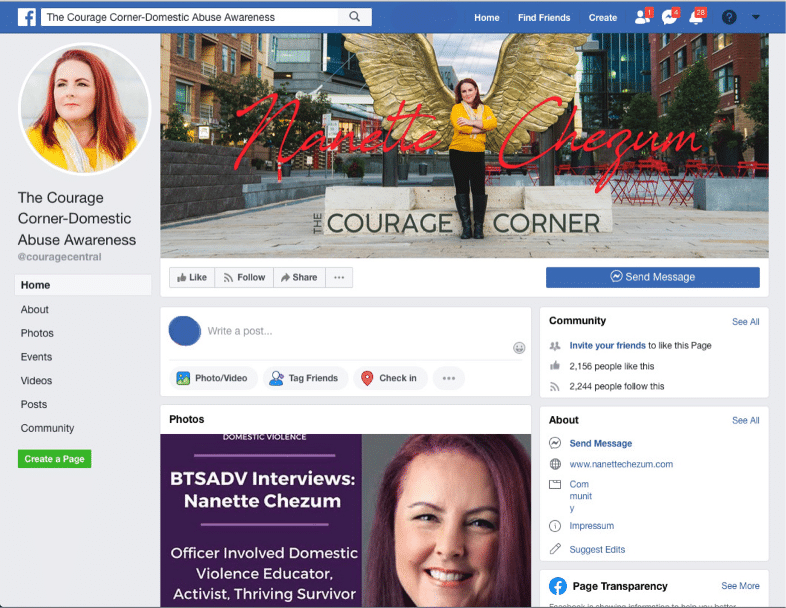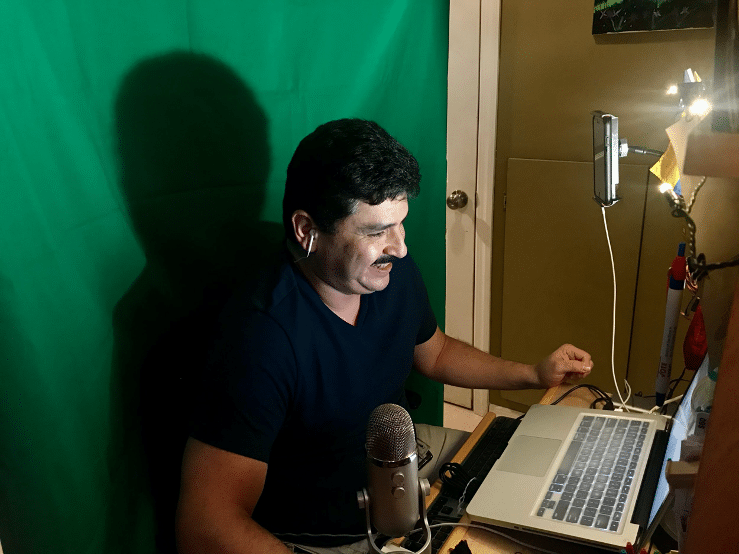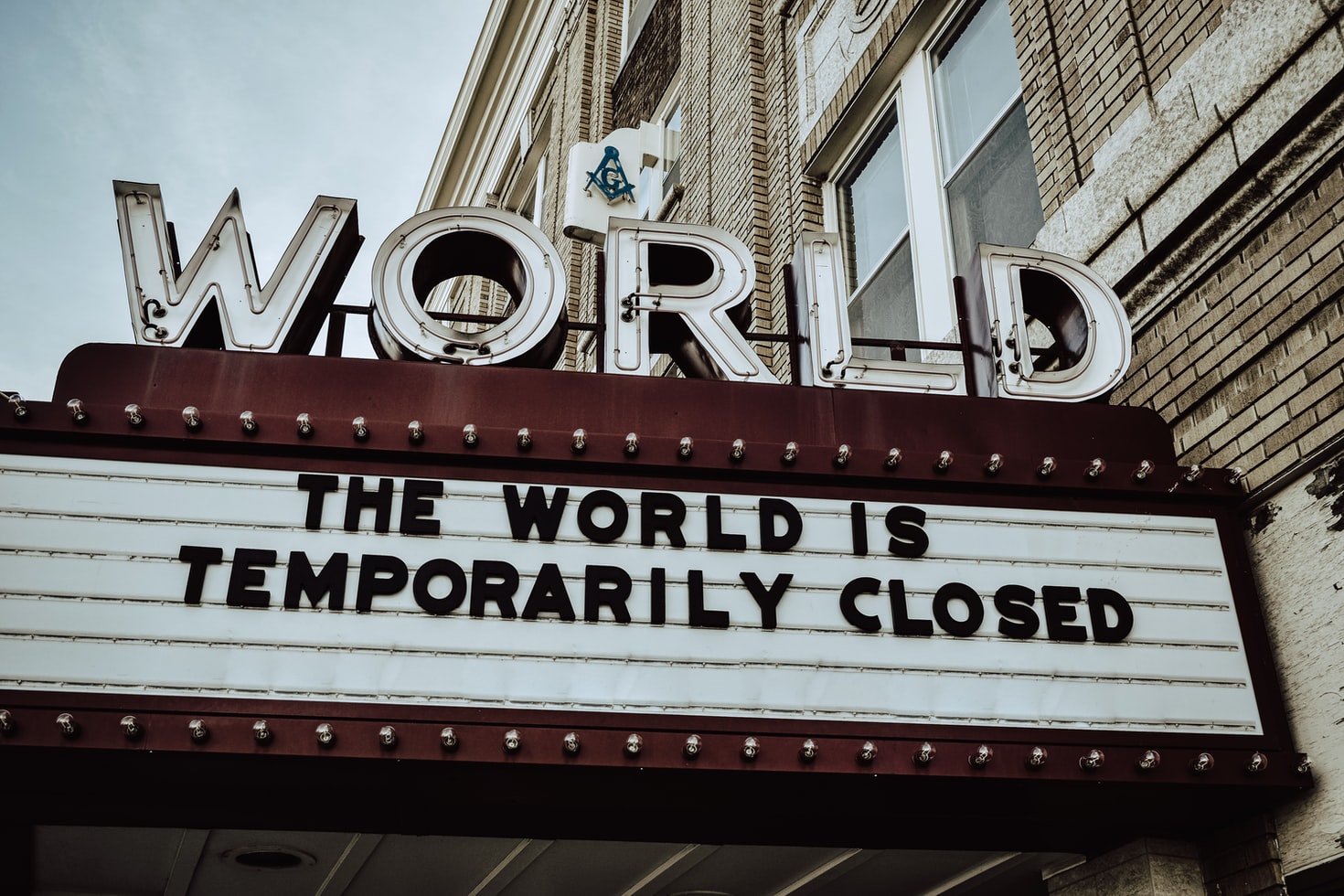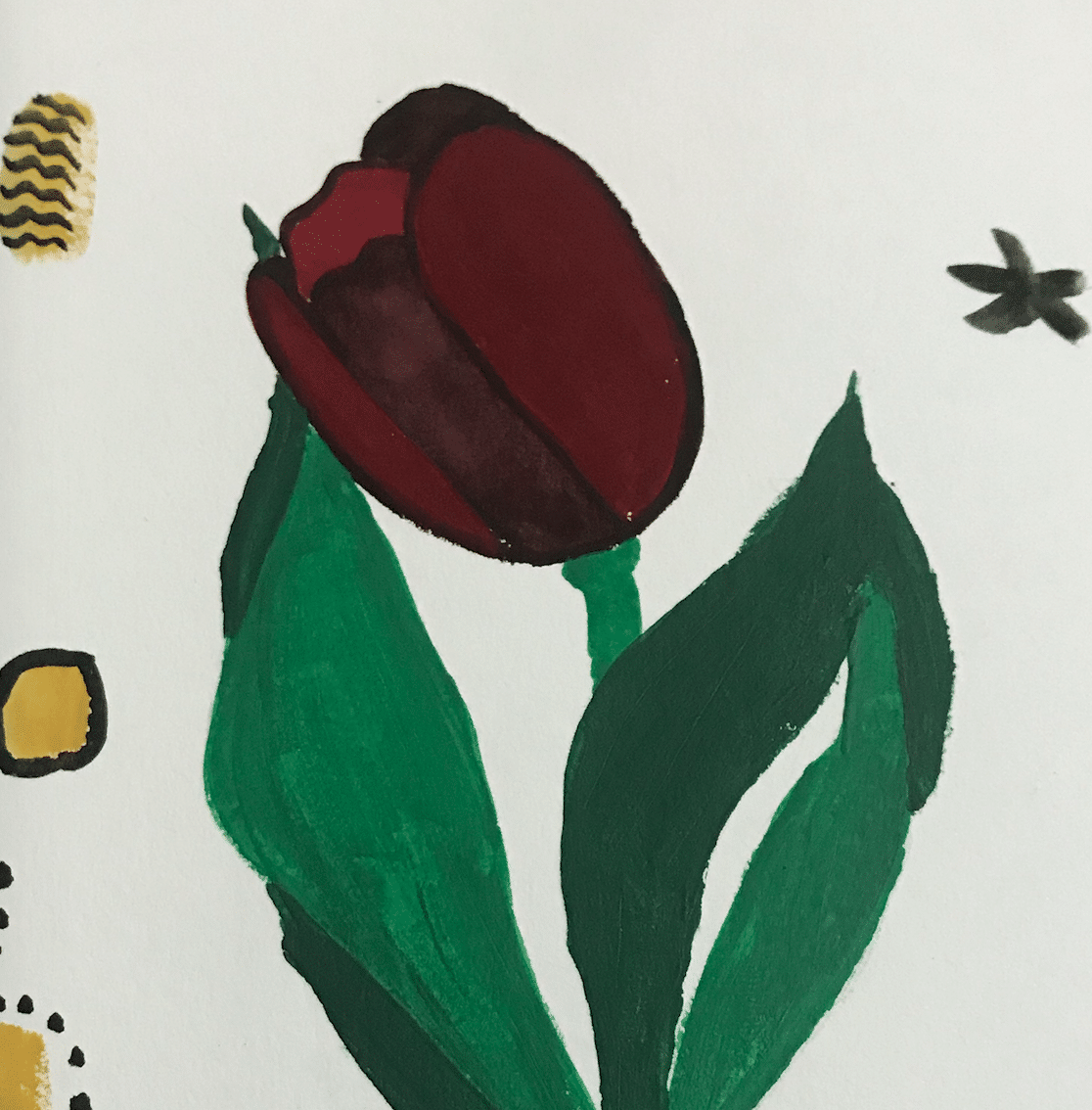Violence Image by Tumisu, Pixabay. Creative Commons LIcense.
“Love is a powerful thing. Especially love and manipulation,” says Devine Kelly, a mother, a spoken-word artist, an activist and a survivor of domestic violence. “You don’t know what love really is and you don’t know that you’re being manipulated. You’ve been shamed for being with this person, so now you don’t want to say something doesn’t feel right. Something is smushing your inner voice down over and over again and this becomes your new norm.”
Kelly’s description of domestic violence resonates with many, especially with millions locked in their homes. Social distancing measures during the COVID-19 pandemic has increased the vulnerability of domestic violence victims by creating a hostile environment they can’t escape. Calls to New York State’s domestic violence hotline increased 18 percent in March and 30 percent in April, according to Governor Andrew Cuomo.
Often, people don’t realize that “before a relationship escalates to violence it always starts from verbal abuse and then escalates to psychological abuse,” explained Nanette Chezum, a public speaker, abuse activist, and survivor. Her personal experience with psychological abuse from a former relationship helped her realize verbal and psychological abuse are not discussed enough. “Verbal abuse tactics are so normal in families and society, people don’t always realize they’re doing it,” she said.
Devine Kelly’s abuse occurred before the coronavirus locked people in their homes. But it gives insight into how relationships can become toxic.
In 2011, at the age of 16, she met her 19-year-old boyfriend, who would later become her abuser. “Everyone knew him as the cool kid,” said Kelly. “Since he thought he was the cool kid, he felt like he had the final say on everything.”
As he sought her out, he used tactics like “love bombing” to keep her attached to him. “It all starts off seeming kind of exciting until you want to start doing your own thing,” Kelly said. “There are different ways that they can manipulate you to keep you from having your own life.”
Domestic violence experts say that one of the most effective ways to do this is by isolating the victim from friends and family so that they have nowhere and no one to escape to. Kelly’s boyfriend told her to stop hanging out with her friends because they were “sluts and hoes, conniving and manipulative. That they don’t really care about me.”
One day, a get-together at her boyfriend’s house turned into their first violent fight when they started arguing and Kelly swore at him. Hejumped up and choked her. “That was the first day that I thought, how could he ever do that to me? I love him,” said Kelly. “I grew up in a home witnessing domestic violence so I always said I would never get in a relationship with someone who put their hands on me. But because I was already in love with this man, I gave him a second chance.”
For months he lied, cheated, and financially abused her. He used her money and took over her car. She said he gaslighted her whenever she tried to confront him, making her feel crazy. “I was constantly in fight or flight but had nowhere to go to,” Kelly explained.
The abuse worsened one night when he picked her up from work with friends in the car, although she told him not to. She got in the car with an attitude and he drove her home. Kelly was upset with his lack of respect and he was angry with the way she embarrassed him in front of his friends. When they entered the house, she slammed the door and tried to grab her car keys. She thought to herself, “Forget it, I’m going to go to my mom’s house.”
“As I reach for my keys, he freaks out, picks me up, body slams me on the bed,” she recounted. “Look what you made me do to you,” he said. Then he took her car keys and left. The next day, Kelly was in extreme pain and convinced her boyfriend to take her to the hospital. She was taken to the ICU where doctors diagnosed her with a broken neck. They said it was a miracle she was still alive. Feeling ashamed, she didn’t report him. Instead she told people they were just wrestling. Three months later, she learned she was pregnant.
Eventually, she separated from him, but two years of co-parenting showed her that she had to get away to save herself and her son. In January 2019 she moved from California to Colorado. “I thank God all the time for my child, because if it wasn’t for him I probably would’ve never left and ended up in a worse predicament, whether that be me taking my own life or him taking my life,” said Kelly.
The coronavirus has also highlighted the connection between guns and domestic violence. Almost 2 million guns have been sold during the outbreak in the US, according to the New York Times. When domestic violence victims purchase guns to defend themselves, “What usually happens is homicide goes up by 100 percent in a home where there’s a weapon and it would be very easy for a perpetrator, in many cases, to overpower a victim,” said Chezum.
Katie Ray-Jones, CEO of the National Domestic Violence Hotline said reports of many people who are buying guns have shown they are first-time gun owners with no experience, which makes them more likely to store the gun unsafely or fire it accidentally.
David Keck, Director of the National Resource Center on Domestic Violence and Firearms, said victims should refrain from using guns to arm themselves because of their unreliability. “If you are a victim of domestic violence, don’t think arming yourself is going to make you safer,” he said. “It’s not, especially when anxiety levels in your home are high.”
Chezum and Kelly also emphasized the importance of hotlines and formulating escape plans. “This time where we’ve been quarantined has also provided victims with the opportunity to think a little bit more about coming up with a safety plan and escaping one day,” said hezum. Victims should reach out to an advocate if and when their abuser leaves the house for a moment. Finding a safe place to store legal documents and compiling a to-go bag in preparation for the day of escape are also some things victims can focus on during this time.
What you can do.
Victims can find solace in their communities at local churches and shelters. Organizations like Break the Silence Against Domestic Violence and the National Domestic Violence Hotline work to provide services for abuse victims. If you call one of these hotlines, advocates can help victims formulate a safety plan specific to their situation.
Additionally, Chezum is the creator of the Facebook community page, The Courage Corner. Since the lockdown went into effect, Chezum has seen a significant increase of activity on the page. The platform provides victims with a safe space to ask for help and vent among other victims who shared similar experiences.

Devine Kelly, who is trying to build a new life for herself and her son, looked at the spike in domestic violence and said, “We don’t have to be people that just made it out. We don’t have to be people that just survived. We can be people who can have fulfilling lives after the fact and there’s something about community and knowing that you’re not alone that really helps with that.”
Tags: Devine Kellly Domestic violence domestic violence hotlines Elena Johnson Katie Ray-Jones Nanette Chezum National Domestic Violence Hotline






